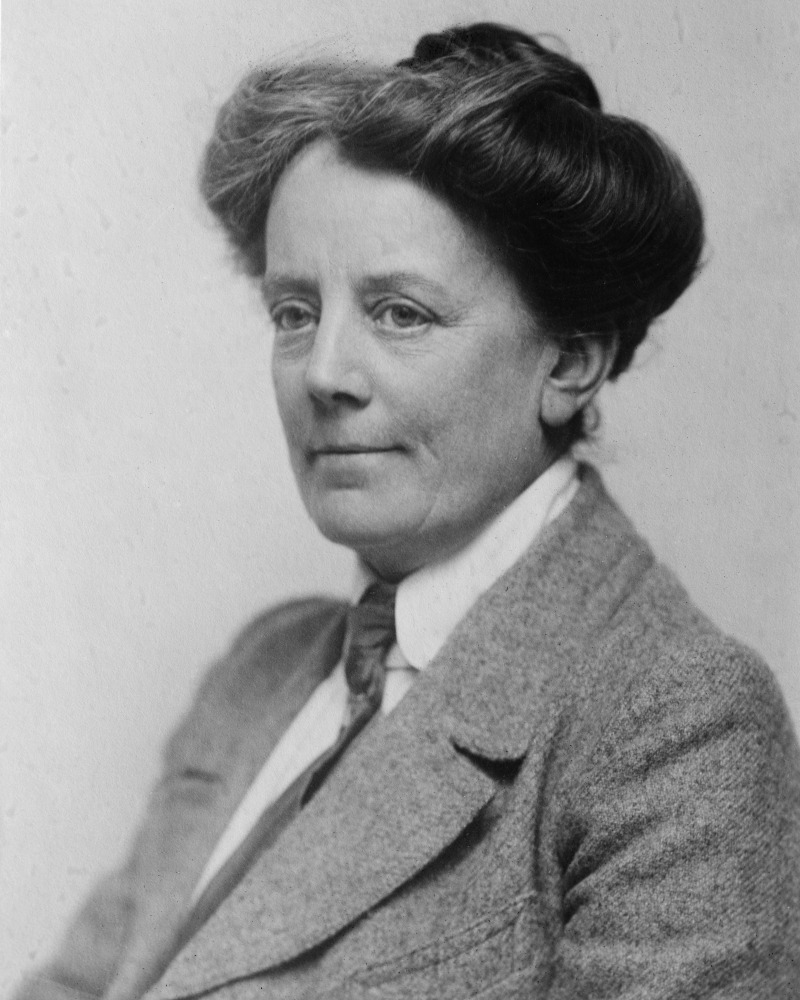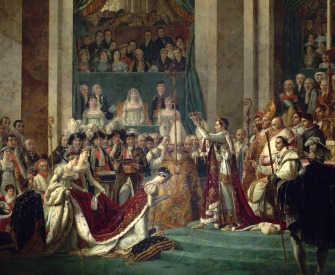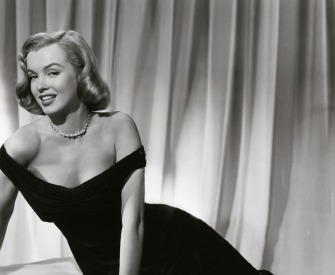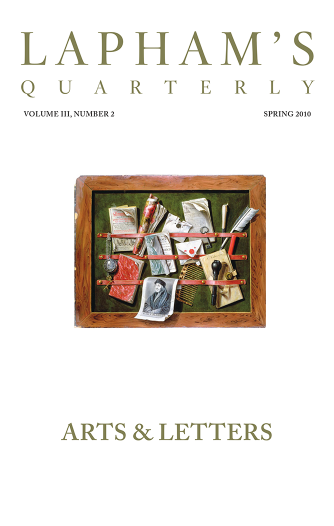
Ethel Smyth
Impressions That Remained,
1919
Impressions That Remained,
To me personally, Johannes Brahms was very kind and fatherly in his awkward way, chiefly, no doubt, because of the place I held in the heart of our mutual friend Lisl; but after a very slight acquaintance, I guessed he would never take a woman writer seriously, and I had no desire, though kindly urged by him to do so, to show him my work. At last one day, without asking my leave, Lisl showed him a little fugue of mine, and when I came in and found them looking at it, he began analyzing it, simply, gravely, and appreciatively, saying this development was good, that modulation curious, and so on. Carried away by surprise and delight, I lost my head, and pointing out a constructive detail that had greatly fussed my teacher—the sort of thing that made him call me a bad pupil—asked eagerly, “Don’t you think if I feel it that way, I have a right to end on the dominant?” Suddenly the scene changed, back came the ironic smile, and stroking his mustache he said in a voice charged with kindly contempt, “I am quite sure, dear child, you may end when and where you please!” There it was! He had suddenly remembered I was a girl, to take whom seriously was beneath a man’s dignity, and the quality of the work, which had I been an obscure male he would have upheld against anyone, simply passed from his mind.




